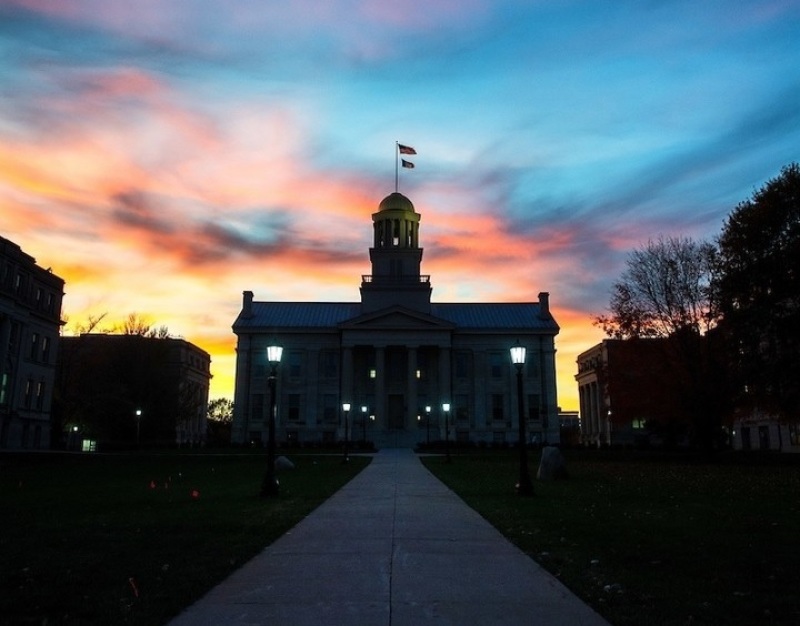
The United States Court of Appeals for the Eighth Circuit has ordered the University of Iowa to pay almost $2 million in legal fees after losing the religious freedom legal battle against two Christian organizations.
According to the Washington Examiner, the University of Iowa will be paying $1.4 million in attorney fees to Becket Fund for Religious Liberty as legal counsel for Business Leaders in Christ (BLinC) and $553,508 for InterVarsity Christian Fellowship. The University will also be paying the InterVarsityChristian Fellowship with $20,000 for damages. These particularly involve two separate cases filed against the University: BLinC v. University of Iowa and InterVarsity Christian Fellowship v. University of Iowa.
The two Christian organizations were deregistered by the University of Iowa due to its leadership policies that led to the lawsuits, filed a year apart, over "viewpoint discrimination." But the Court of Appeals' three-panel judge unanimously ruled in favor of the two Christian organizations in July.
"What the University did here was clearly unconstitutional. It targeted religious groups for differential treatment under the Human Rights Policy-while carving out exemptions and ignoring other violative groups with missions they presumably supported. The University and individual defendants turned a blind eye to decades of First Amendment jurisprudence or they proceeded full speed ahead knowing they were violating the law. Either way, qualified immunity provides no safe haven," the Court of Appeals said in its decision.
The University of Iowa deregistered the Business Leaders in Christ on October 2017 over claims that the group violated the school's anti-discrimination policy for requiring members to sign a Statement of Faith, which is a testament that they will agree and comply with BLinC's religious beliefs. This is despite the university allowing and supporting other organizations, such as the Feminine Union, doing the same thing to its members.
BLinC filed the lawsuit in December 2017 and the federal court ruled in its favor a month later, forcing the university to reinstate them in campus and to create a written policy within 90 days. But the university did not comply. The United States in December 2018 filed a brief of support for BLinC due to the discrimination done by the university. Oral arguments were then heard on February 2019 in Iowa's Des Moines District Court but the court did not hold personally responsible the University's officials for the discrimination. BLinC then filed the petition on it at the Court of Appeals in 2020.
On the other hand, InterVarsity Christian Fellowship was similarly deregistered by the University of Iowa in July 2018 for similarly violating its anti-discrimination policy because the organization was requiring its leaders to share religious beliefs. InterVarsity then filed the lawsuit on August 2018 and the court ruled in favor of the organization on September 2019 for violation of the "the First Amendment's protections for free speech, free association, and free exercise of religion." The University made the appeal in the Eighth Circuit Court thereafter.
Becket Religious Liberty for All Senior Counsel Daniel Blomberg raised that the two cases serve as a warning from the United States Courts for university officials that they will not be "entitled to qualified immunity" for enforcing "unconstitutional policies" but will "be held personally accountable for their actions."
"The good news is that they've been held accountable, and school officials nationwide are on notice. We are optimistic that in the future, colleges will pursue policies of accommodation, not discrimination, when it comes to religious exercise on campus," Blomberg said.
Besides InterVarsity and BLinC, the University of Iowa also deregistered 38 other student groups which included other religious organizations. These are the Chinese Student Christian Fellowship, the Geneva Campus Ministry, the Imam Mahdi Organization, the Latter-day Saint Student Association, and the Sikh Awareness Club.






















